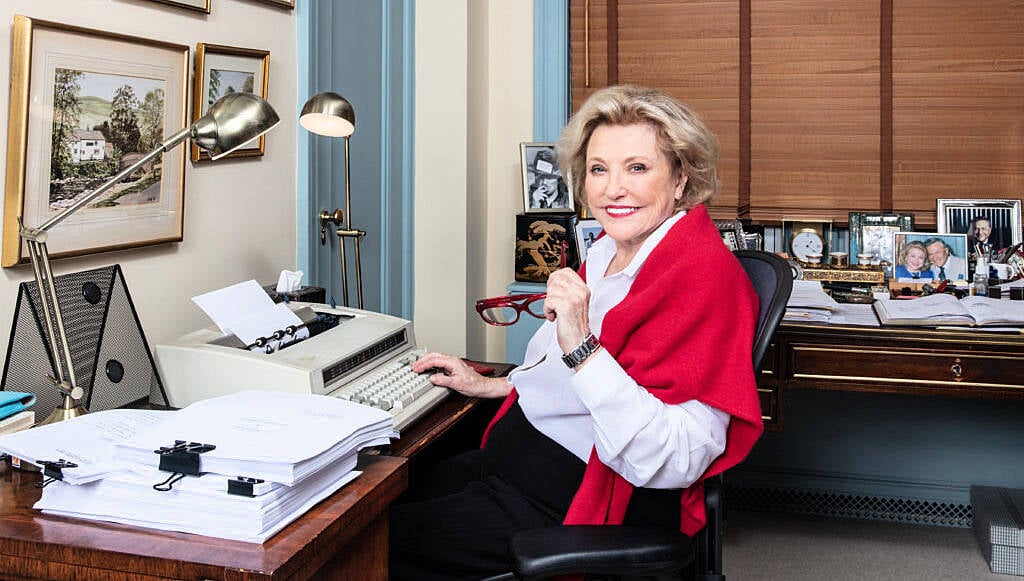Richard Flanagan is drowning. Trapped in a kayak, wedged underwater, he sips from a pocket of air inside the Franklin’s roar. The fibreglass is cracking, the pocket shrinking.
As a river guide, just 21, he’s maybe strong enough to resist the rapids’ force, the flume swelling behind his back, but not for long. “I had been alive and now I am dead dreaming I was alive, or I was alive dreaming I was dead dreaming I was alive.” The chant lies in Flanagan’s memoir Question 7 (Penguin, 2023), a meditation on family, history, memory.
Recalling his near-death horror, he describes his hours inside the river as free of commas or fixed tense, grammar as fluid as the flume enthralling him. What do you do when the past, present and future collide all at once? Credit: Getty Images/iStockphoto Since “all writing is trapped in tenses when life isn’t”, he’d reflect. “Life is always happening and has happened and will happen .
..” Yet English fails in that regard.
We lack the right stuff to make the diorama we occupy. By chance, many writers I’ve read this year have focused on this deficit. Suddenly, it seems, our storytellers need a tense to encompass all tenses.
The voice of everywhen, to borrow that Indigenous idea, where the past pulsates in the present as much as tomorrow imbues the now. Poet John Donne lamented the shortfall in Elegy upon the Death of Mistress Boulstred : “Language, thou art too narrow, and too weak/to ease us now; great sorrow cannot speak”. .


















